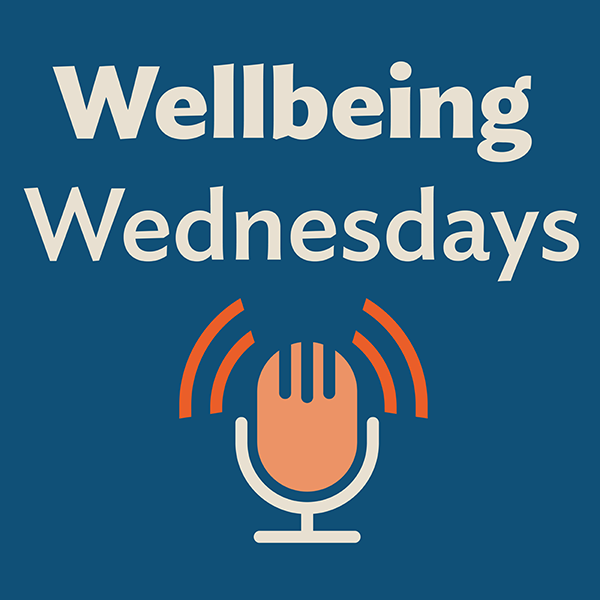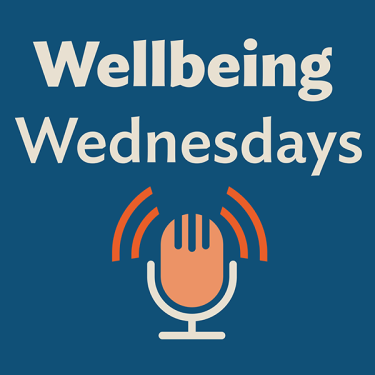Wellbeing Wednesdays: October 15, 2025
The mental health crisis in the U.S. isn’t just about rising demand — it’s also about shrinking supply. Even as more people seek support, many communities simply don’t have enough licensed mental health professionals to meet the need.

That’s the challenge our National Mental Health Workforce Acceleration Collaborative, developed in partnership with and funded by Kaiser Permanente, was designed to address. Supporting more than 125 candidates across six states, the Accelerator is shaping a future defined by innovation, collaboration and empowered leadership.
You can learn more by watching our new Wellbeing Wednesdays episode or listening to the podcast. For a preview, here are five key takeaways from our conversation with Kaiser Permanente’s Pamela Schwartz, MPH, and Breanna Simental, MSW, an Accelerator participant:
1. The Shortage Is Real — but Fixable.
Right now, more than half of behavioral health graduates never get licensed. The Accelerator is working to change that by giving new clinicians the support, structure and confidence they need to stay the course. As Pamela put it, “We just can’t afford to lose this much talent.”
2. Wraparound Support Makes All the Difference: Licensure Is Stressful — and Expensive.
The Accelerator provides financial assistance, test prep, supervision and mentorship so participants can focus on becoming great clinicians instead of worrying about money or logistics. “The financial aspect isn’t even on my mind anymore,” Brianna shared. “That helps me focus on studying and growing as a clinician.”
3. Community Keeps People Going.
Being part of a cohort means no one’s doing it alone. Monthly meetings, check-ins and a built-in peer network help participants stay motivated and remind them why they got into this field in the first place. “It’s exciting to know others are getting the same support — it reminds me I’m part of something bigger,” Brianna said.
4. Partnerships Power Progress.
From universities to local clinics, the Accelerator’s success comes from collaboration. Every partner plays a role, helping remove barriers, align licensure processes and build a system that works nationwide. As Pamela noted, “It’s going to take an all-hands-on-deck approach.”
5. This Is Just the Beginning.
The Accelerator is already making an impact in communities across the country, with plans to expand even further. Participants are becoming program ambassadors, mentoring others and helping shape the future of the initiative. “We’re not just building a program — we’re building a movement,” Pamela said.
The future of mental health depends on more than awareness — it requires action, support and a sustainable workforce ready to meet the moment. You can be part of that future. Discover how you can help empower the next generation of clinicians and the communities they serve.



